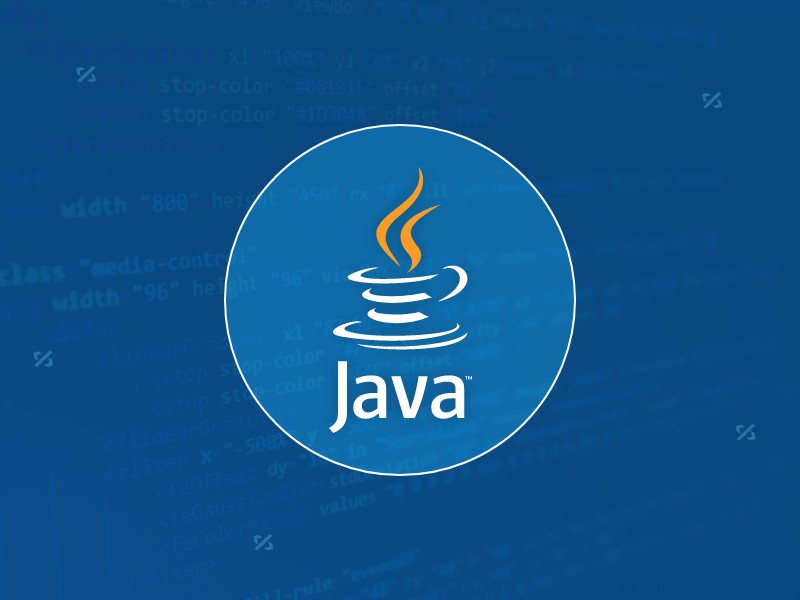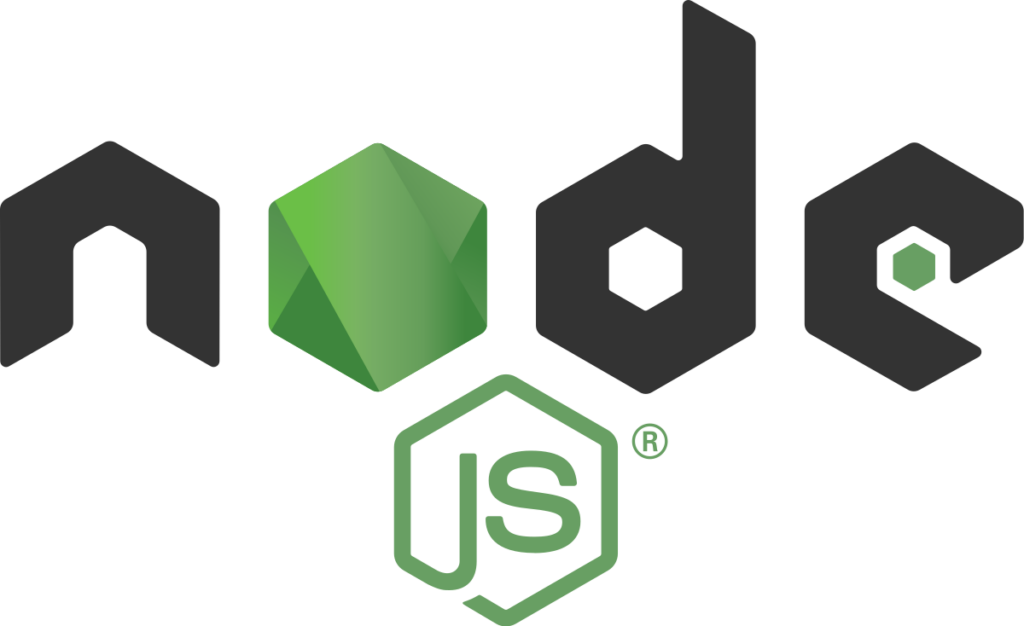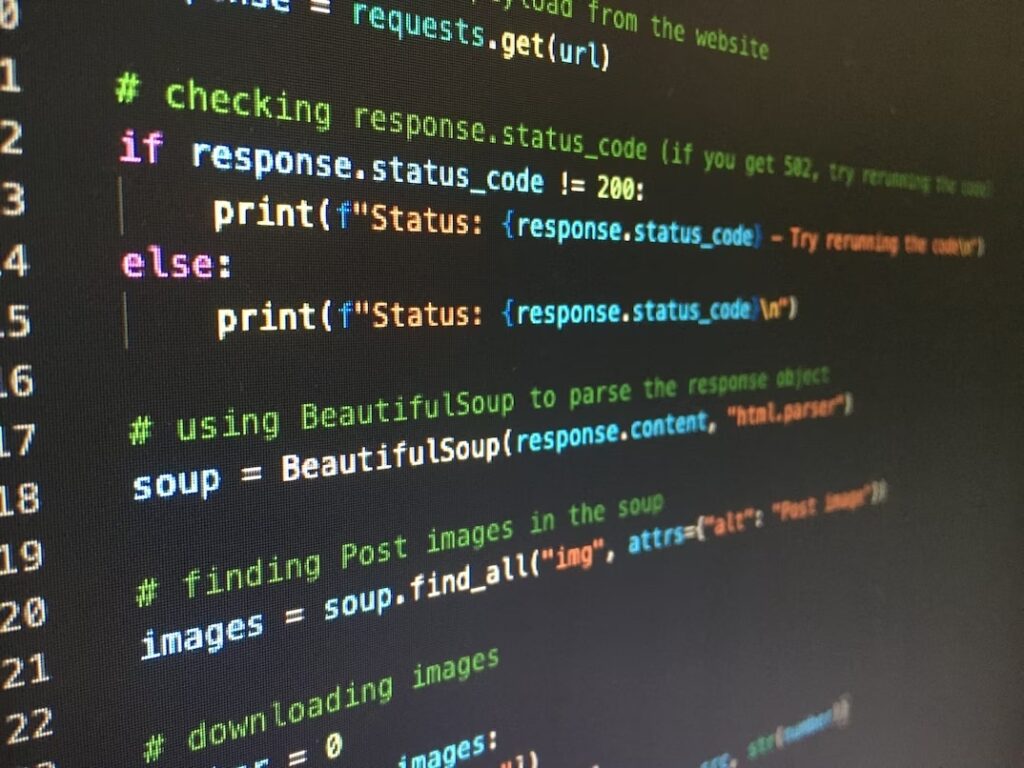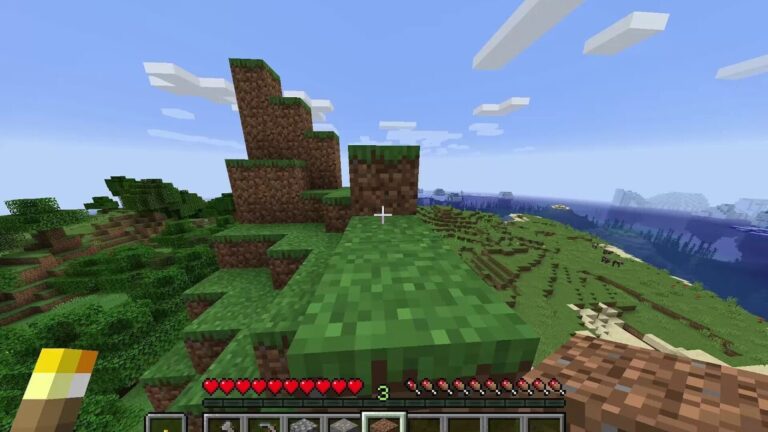Programming Languages for Game Hosting Servers: Powering the Future of Space Games
The world of gaming, relies heavily on robust to provide seamless experiences for players around the globe. The choice of programming language for these servers is crucial, as it directly impacts performance, scalability, and reliability. This article delves into the most popular programming languages used in game hosting servers, especially for space-themed games, and how they contribute to the gaming experience.
1. C++
C++ is a powerhouse in the world of game development and server hosting. Known for its high performance and efficient memory management, C++ is ideal for creating real-time systems that require rapid processing speeds and low latency. Many of the most popular space games, such as Elite Dangerous and Star Citizen, use C++ for both game development and server-side operations. This language allows developers to optimize game hosting servers for better handling of large-scale space simulations and multiplayer interactions.

2. Java
Java is another widely-used language for game hosting servers, known for its portability and robustness. The Write Once, Run Anywhere (WORA) capability of Java makes it a popular choice for server-side development, ensuring that games can run smoothly across different platforms. Java’s rich set of libraries and frameworks, such as Netty for network applications, make it easier to develop scalable and efficient game hosting servers. Games like Minecraft, which include various space-themed mods, utilize Java to manage server operations effectively.

3. Python
Python is celebrated for its simplicity and ease of use, making it a favorite among developers for rapid development and prototyping. While Python may not match the raw performance of C++ or Java, its versatility and extensive libraries make it suitable for managing game hosting servers. Python is often used for scripting and automation tasks within the server environment. For space games, Python can handle tasks such as server monitoring, automated testing, and managing game updates, ensuring that the servers run smoothly and efficiently.

4. Go (Golang)
Go, developed by Google, is gaining popularity for its performance and concurrency capabilities. Go’s ability to handle multiple tasks simultaneously makes it an excellent choice for game hosting servers that require high levels of parallel processing. This is particularly beneficial for space games that involve complex simulations and real-time interactions among numerous players. The simplicity and efficiency of Go can lead to more reliable and scalable game hosting solutions.
5. Node.js
Node.js, built on JavaScript, is known for its event-driven architecture and non-blocking I/O operations. This makes it highly efficient for handling multiple connections simultaneously, which is crucial for multiplayer space games. Node.js allows developers to use JavaScript for both client-side and server-side programming, providing a seamless development experience. It is particularly useful for real-time applications and is widely used in game hosting servers to manage player interactions and server events.

Conclusion
The choice of programming language for game hosting servers significantly influences the performance and scalability of space games. Whether it’s the high performance of C++, the portability of Java, the simplicity of Python, the concurrency of Go, or the real-time capabilities of Node.js, each language brings unique strengths to the table. By leveraging these languages, developers can ensure that their game hosting servers provide a robust and immersive experience for players exploring the vastness of space.







